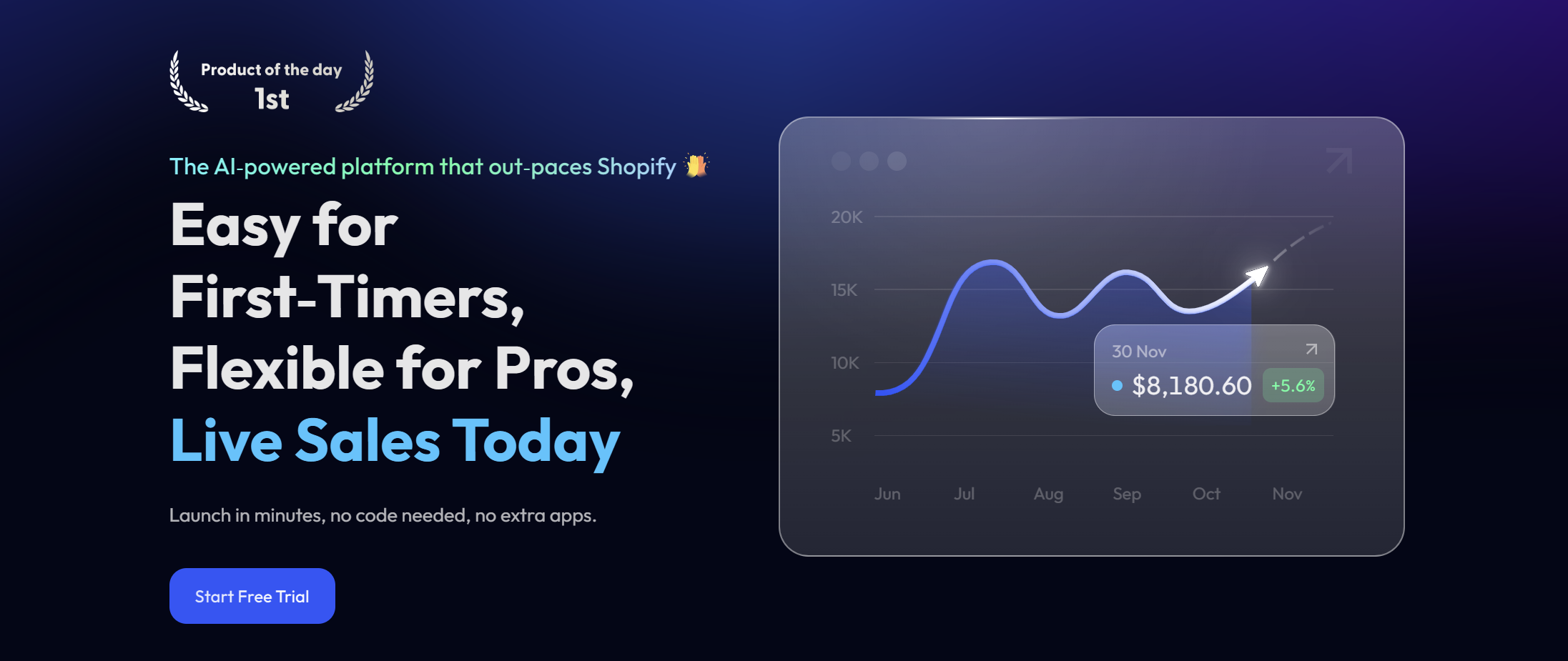Unlock Your Dream Business: Discover the Ultimate Website Builder That Transforms Ideas into Reality!
In today's digital age, having a website is no longer a luxury for small businesses; it's a necessity. A well-crafted website serves as the face of your business, showcasing your products and services while enabling you to connect with potential customers. The right website builder can simplify the entire process, transforming your ideas into a compelling online presence without requiring extensive technical expertise. Whether you’re starting a local bakery, a consulting firm, or an online store, the right tools can empower you to create a professional website that reflects your brand and engages your audience. By choosing an effective website builder, you can focus more on your business and less on the complexities of web development.

Understanding Small Business Website Builders
A small business website builder is a user-friendly platform that allows entrepreneurs to create and manage their websites without needing to know how to code. These tools provide templates, drag-and-drop features, and various design elements that make it easy for anyone to build a professional-looking site. Unlike traditional web development, which often requires hiring a developer and can be costly and time-consuming, website builders enable business owners to take control of their online presence. This democratization of web design means that anyone, regardless of technical skill, can establish a vibrant digital storefront. Furthermore, many website builders come with integrated hosting and maintenance services, which further simplifies the process for small businesses.
Key Features to Look for in a Website Builder
When choosing a website builder, it’s crucial to consider specific features that will best serve your business needs. First and foremost, ease of use is paramount; the platform should be intuitive, allowing you to create and edit your site effortlessly. Customization options are also important, as they enable you to tailor your website to reflect your brand identity. Additionally, ensure that the builder is mobile-responsive; with the growing number of users accessing websites via smartphones and tablets, this feature is essential for providing a seamless user experience. Lastly, robust SEO capabilities are a must; a website that is optimized for search engines will help improve your visibility online, driving traffic to your site and ultimately increasing your customer base.
Steps to Choose the Right Website Builder
Selecting the right website builder involves a systematic approach. Begin by assessing your specific business needs: what features are essential for your online presence? Next, research and compare various website builders; look for reviews and testimonials to gauge user satisfaction. After narrowing your list, take advantage of free trials or demos offered by many builders to test usability and functionality. This hands-on experience is invaluable in determining if the platform meets your expectations. Finally, consider the pricing structure and any additional costs that may arise in the future, such as premium features or add-ons, to ensure that the builder aligns with your budget.
Tips for Launching Your Website
Launching your website is an exciting milestone, but it requires careful planning and execution. Start by creating high-quality content that resonates with your audience; this includes compelling product descriptions, engaging blog posts, and clear calls to action. Optimizing your site for search engines is crucial; use relevant keywords strategically throughout your content to improve your visibility on search engine results pages. Engaging with visitors is equally important—consider integrating social media links and contact forms to encourage interaction. Additionally, don't overlook the significance of ongoing website maintenance; regularly updating content, checking for broken links, and ensuring that your site is secure will keep it running smoothly and enhance user experience.
Creating an Effective Online Presence
In summary, choosing the right website builder is a critical step in launching your small business online. By understanding the features that matter most, following a structured selection process, and implementing effective strategies for your website launch, you can create a successful online presence that attracts and engages customers. As you embark on this journey, remember that your website is a reflection of your business—invest the time and effort to make it shine. With the right tools at your disposal, you’re well on your way to transforming your dream business into a reality!








